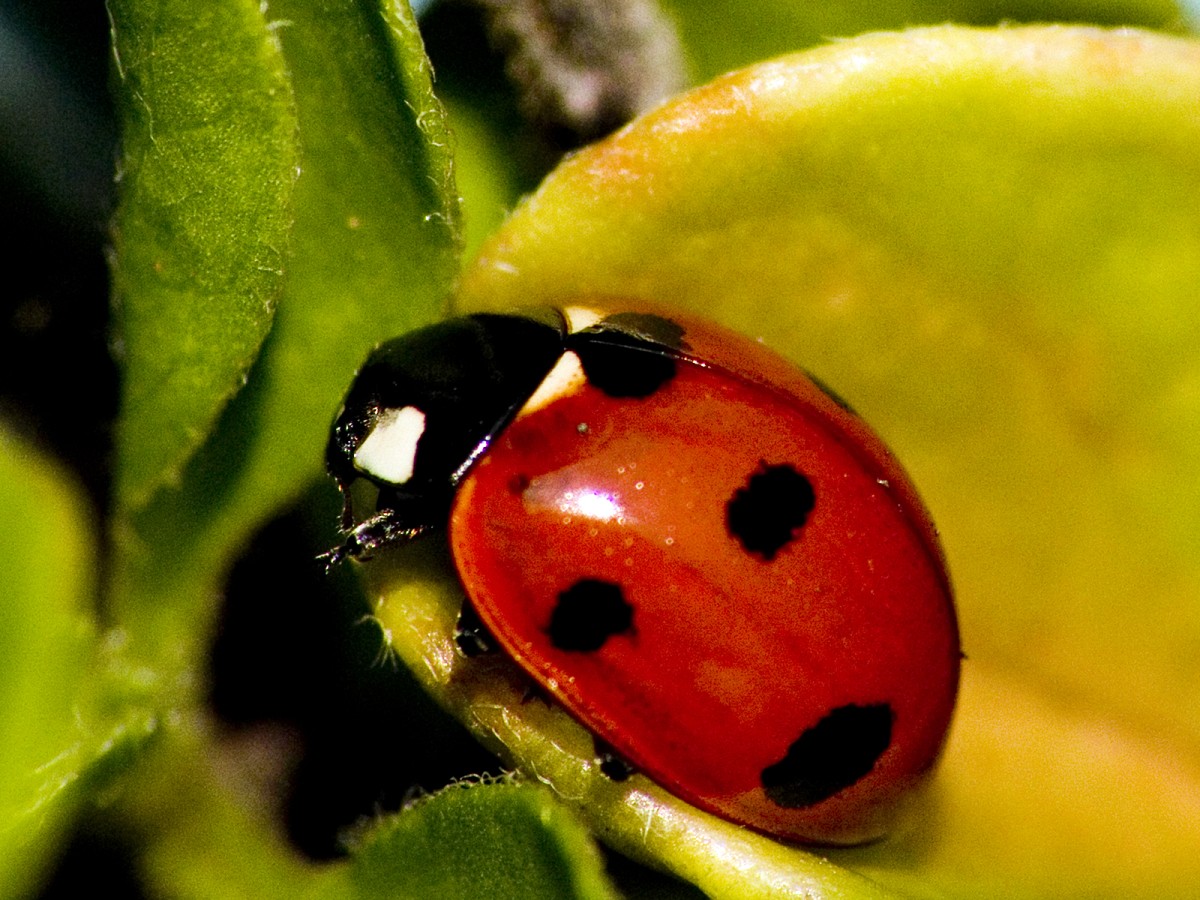Gardening: Aphid control starts now
 Aphids are starting to ravage a variety of plants in a wide swath of North America. They suck sap out of leaves while also injecting plant-damaging saliva and viruses. Moreover, they also excrete Honeydew, a sweet, sticky liquid that, in turn, attracts fungi and other bugs.
Aphids are starting to ravage a variety of plants in a wide swath of North America. They suck sap out of leaves while also injecting plant-damaging saliva and viruses. Moreover, they also excrete Honeydew, a sweet, sticky liquid that, in turn, attracts fungi and other bugs.
In many areas, they are most active in the spring, and the female aphids may even be reproducing without males. In certain conditions, they can essentially be born pregnant, quickly producing new generations of garden pests.
Fortunately, there are several methods for controlling aphids in the home garden.
Washing away
The simplest aphid control method may also be among the most effective. In early spring, start inspecting plants for aphids. Control small populations by wiping or washing them off the underside of leaves, where they like to dwell.
Researchers at Texas A&M also suggest the Water Wand for Spider Mites for pressure-blasting aphids off roses and other plants. However, they urge caution with the old “thumb on the hose” pressure-sprayer trick and other pressure sprayers. They could apply too much pressure and damage plants. DIY Resource: https://www.networx.com/article/gardening-aphid-control-starts-now
Prevent aphid spread
In the spring, many aphids are wingless, so make it difficult for them to migrate between plants. Clear away sow thistle, mustard weeds and other unwanted plants before planting spring vegetables. Also check your vegetable seedlings for aphids before planting, and wait until they are sturdy enough to withstand some aphid damage before transplanting them outside.
To stop a small population from spreading, the University of California Integrated Pest Management program suggests pruning out the affected leaves, dropping them in soapy water and throwing them away.
The UC IPM experts also suggest wrapping a sticky band around infested trees and woody shrubs. This can keep away ants, which are attracted to the Honeydew, and can help protect aphids from predators. DIY Resource: http://www.hometalk.com
Beneficial insects
Ladybugs, green lacewings, hover fly maggots, parasitic wasps and entomophagous fungi all feed on aphids.
A ladybug (or ladybird or lady beetle) can eat an estimated 5,000 aphids each year. Ladybugs are commercially available, but may not be a cost-effective option for home gardens.
It is hard to confine insects to your garden. Ladybugs are likely to fly away upon delivery and release. They are only likely to stick around if there is a substantial aphid density to feed on. Unfortunately, that requires watching the aphid population grow, then ordering the ladybugs and avoiding other control methods while also hoping other natural predators don’t get to the aphids first.
If you choose to order ladybugs, release them on a cooler evening, and spray water on the garden before release.
Also note that ladybug pupae appear very different from the adult insect, and many gardeners unwittingly kill them. However, they start to eat aphids at this stage and, of course, become adult ladybugs that in turn produce more aphid-eating pupae.
Chemical insecticides
Chemical pesticides should generally be a method of last resort, particularly because they can kill the beneficial insects that are your best defense against aphids. However, if necessary, a couple of effective products are available for home gardeners, including Orthene and Spectracide. Various horticultural oils and insecticidal soaps also are available.
Always carefully follow label directions, only use in recommended concentrations, and store and dispose pesticides properly.
Stop aphid populations in the spring before they get out of control or cause serious damage. Try washing away aphids, and controlling them through sound agricultural practices. If necessary, hire an army of beneficial insects. If all else fails, try insecticides.
Steve Graham is a Hometalk/Networx writer. Read more articles like this one, or get help with your home projects on Hometalk.com.
Looking for a Pro? Call us (866) 441-6648

Landscaping Average Costs
Landscapers Experiences

Tree Removal For The Last Part Of A Poor Old Mulberry

Landscaping Turns A Weed Patch Into A Great Little Zen Garden



